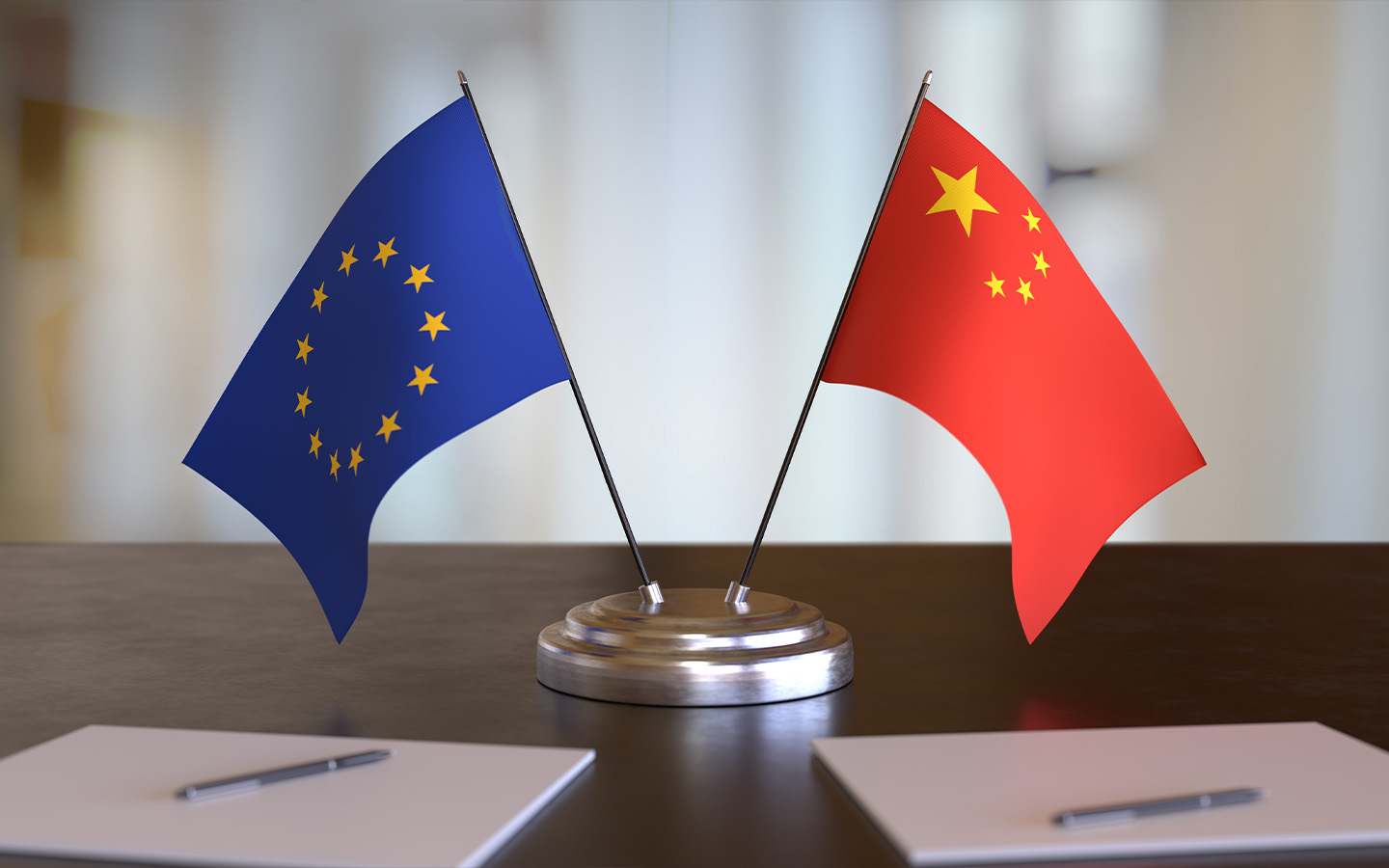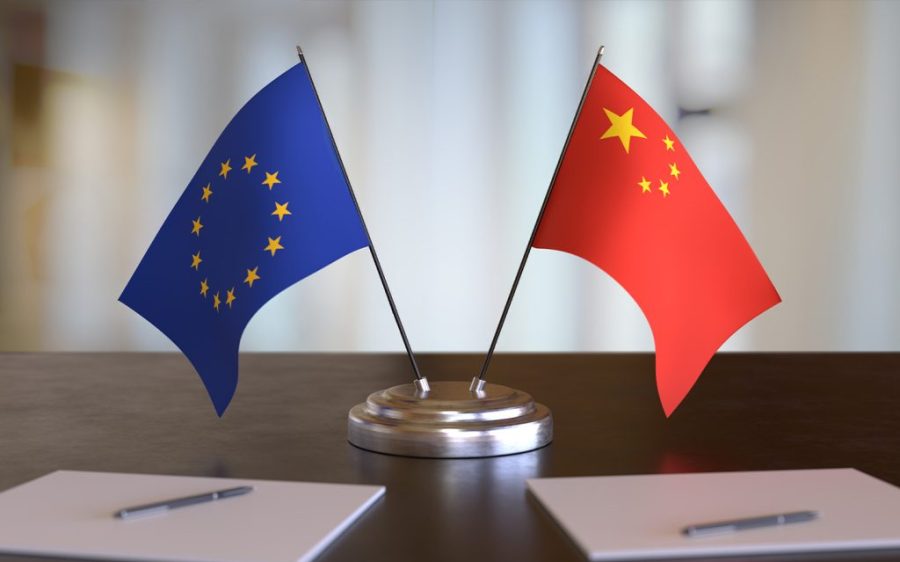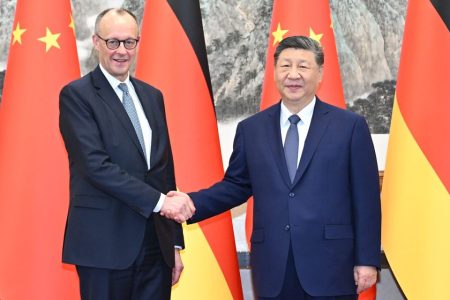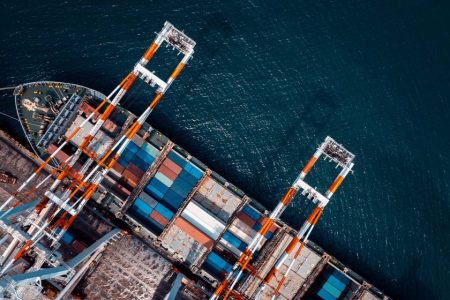European Union (EU) leaders are in Beijing today for a high-stakes summit with Chinese officials, but expectations for meaningful outcomes remain low amid worsening trade frictions and geopolitical divisions, according to multiple media outlets.
The one-day meeting – shortened from a planned two-day event – will bring together President Xi Jinping, Premier Li Qiang, European Commission President Ursula von der Leyen and European Council President Antonio Costa. It marks 50 years of EU-China relations, but both sides carry long lists of grievances and neither has shown an appetite for compromise.
EU officials have indicated they intend to raise concerns about China’s export policies regarding rare earth elements; what Europeans leaders characterise as China’s “flooding” of global markets with subsidised overcapacity; and Beijing’s alleged “support” for Russia during its war in Ukraine, in spite of the neutral stance adopted by Beijing on the conflict. The Chinese side, meanwhile, will likely press the EU to reverse tariffs on Chinese-made electric vehicles and to ease restrictions on tech access and market participation.
[See more: Greater Bay Area attracts European business investment]
However, reporting suggests the only deliverable may be a joint statement on climate issues – fraught negotiations of which wound up overnight on Tuesday.
Mathieu Duchatel, a director at the Institut Montaigne think tank in France, told Reuters that the mood in Europe regarding the summit was “extremely pessimistic.” He said that the “gloves are completely off on the Chinese side,” which he saw as trying to capitalise on the currently shaky relationship between the EU and US.
Reuters also noted Beijing’s recent successes in getting the US to substantially lower tariffs on Chinese imports and to resume crucial Nvidia H20 AI chip exports.
[See more: Dozens of agreements signed between the GBA and Europe in Hungary]
“We should expect a very difficult moment and not a deal making moment,” Abigaël Vasselier, head of the foreign relations team at Mercator Institute for China Studies in Germany, said during a media briefing earlier this week. “China has created leverage over Europe, has gone into a tit-for-tat escalation with Europe, and has linked all issues.”
Observers in China, meanwhile, have expressed a desire to see the two sides patch up their differences. Wang Yiwei, director of the Institute of International Affairs at Renmin University in Beijing, told CNN that if “China and the European Union seek win-win cooperation, the so-called new Cold War cannot prevail.”
He added that “the European Union needs China, and China needs the European Union” in order to tackle challenges ranging from climate change to artificial intelligence.






